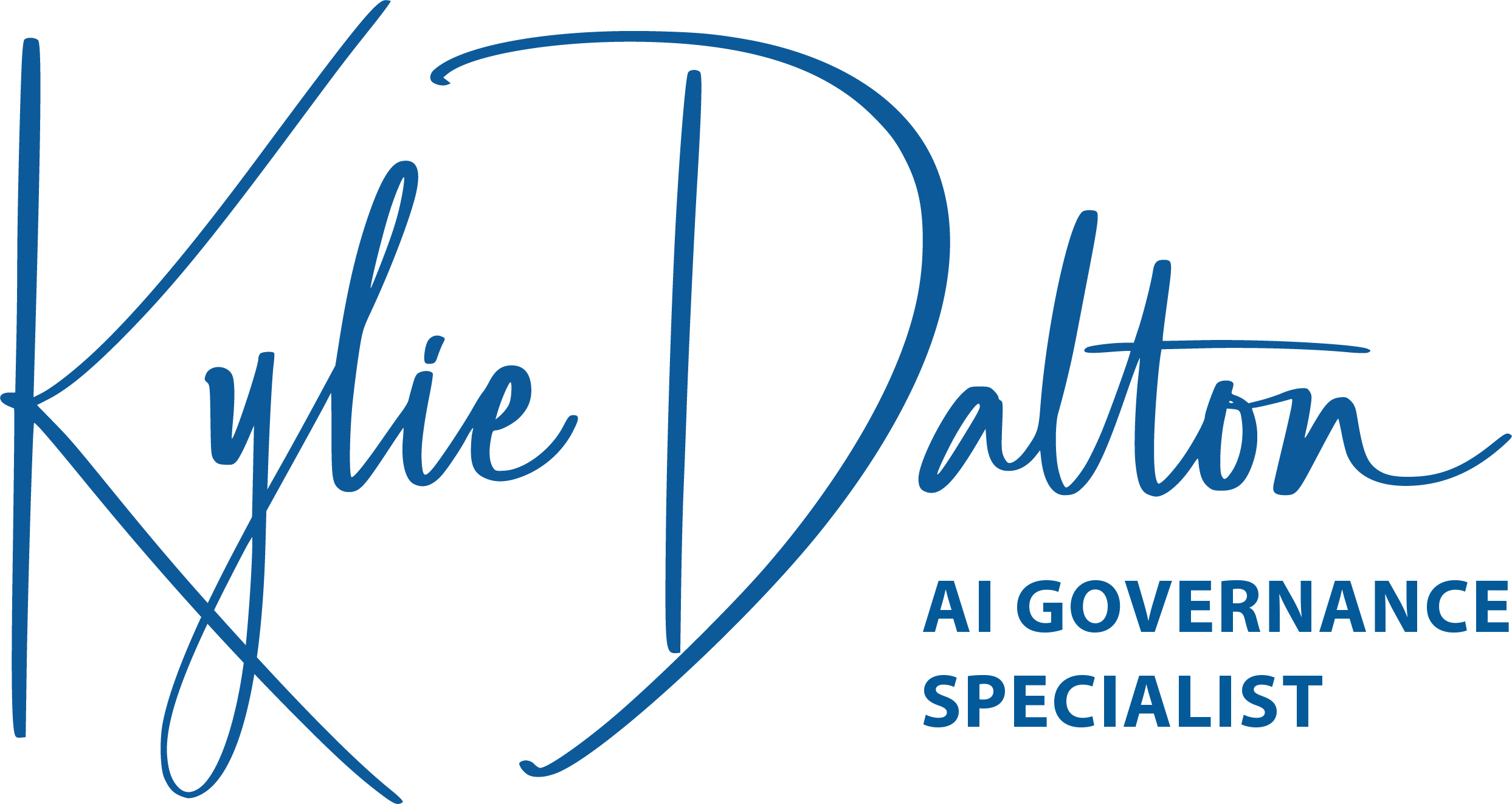In the ongoing discourse around AI ethics, one critical issue demands urgent attention: the way algorithmic bias can throttle women’s visibility on professional platforms. While we often hear about AI’s promise of neutrality, the reality is more complex. When the very platforms that are supposed to elevate professional voices instead mute certain groups, we must confront the ethical implications head-on.
At its core, algorithmic bias is not merely a technical glitch. It is an ethical challenge that shapes who gets heard and, by extension, who gets ahead. When women’s contributions are systematically downranked or sidelined by algorithms, the impact goes beyond visibility. It directly affects access to opportunities, including investor introductions, career advancements, partnerships, speaking invitations, and media exposure. In other words, the algorithm becomes an unseen gatekeeper, curating whose expertise is allowed to circulate.
Confronting this bias is not just about fairness in the abstract. It is about ensuring that the digital spaces we rely on for professional growth do not become silent barriers. A 2024 study published in Management Decision found that female users are more likely to discuss AI and advocate for gender-balanced systems, yet algorithmic biases reduce engagement with their content, limiting reach and influence (Management Decision, 2024). Another 2024 study in Frontiers in Communication revealed that biases in both algorithmic and human-led content moderation on platforms like Instagram can produce discriminatory outcomes, further reinforcing inequities (Frontiers in Communication, 2024).
When platforms hold themselves out as neutral but their algorithms consistently narrow women’s reach, they reshape the professional landscape in ways that privilege some voices over others. Addressing this problem cannot be left to minor tweaks or private assurances. It requires transparency in how algorithms function, accountability for the outcomes they produce, and the deliberate inclusion of equity principles in system design.
Ultimately, this is not just a technical challenge. It is an ethical responsibility. If professional platforms are to serve as engines of opportunity, they must first be systems that amplify equity rather than silence it.








